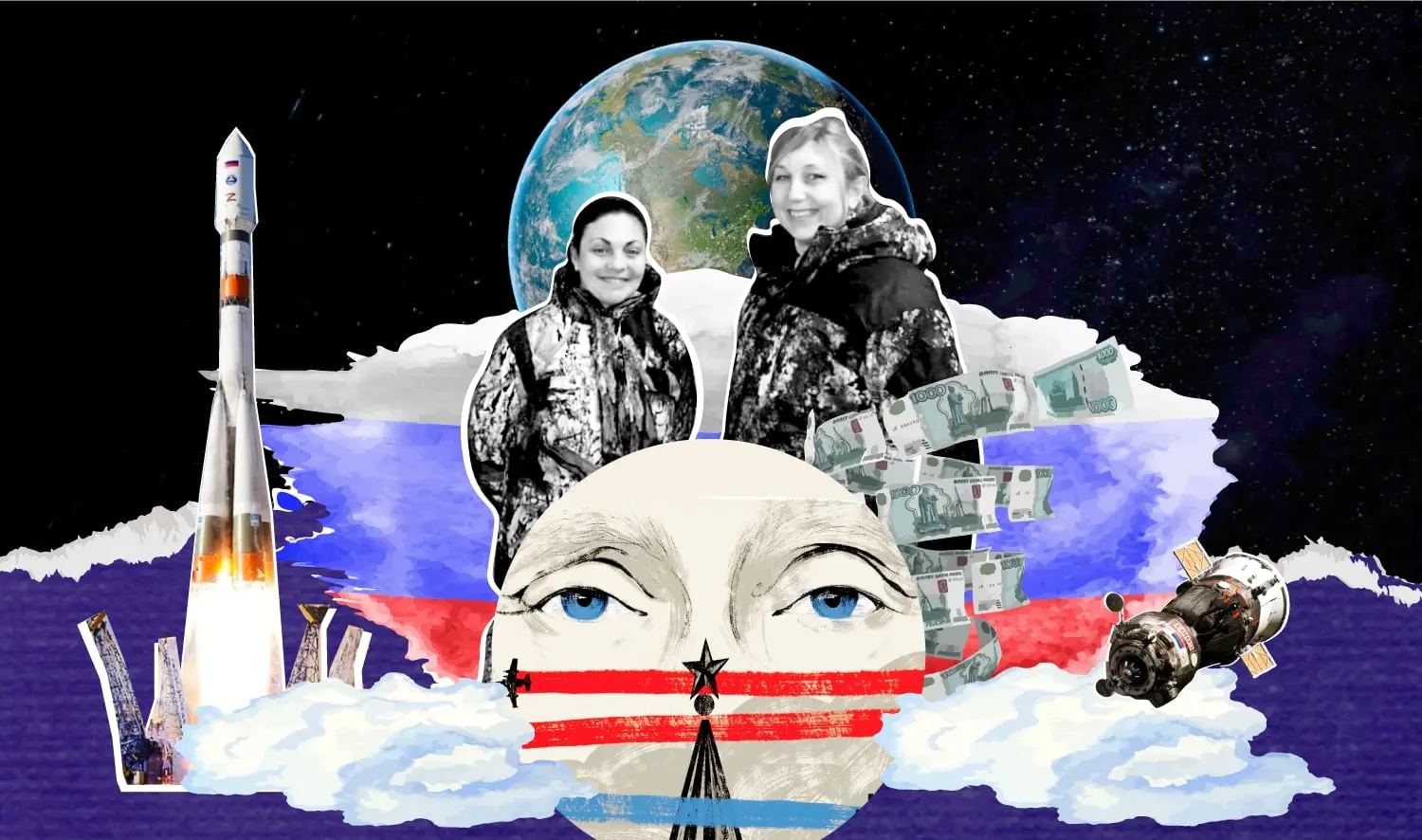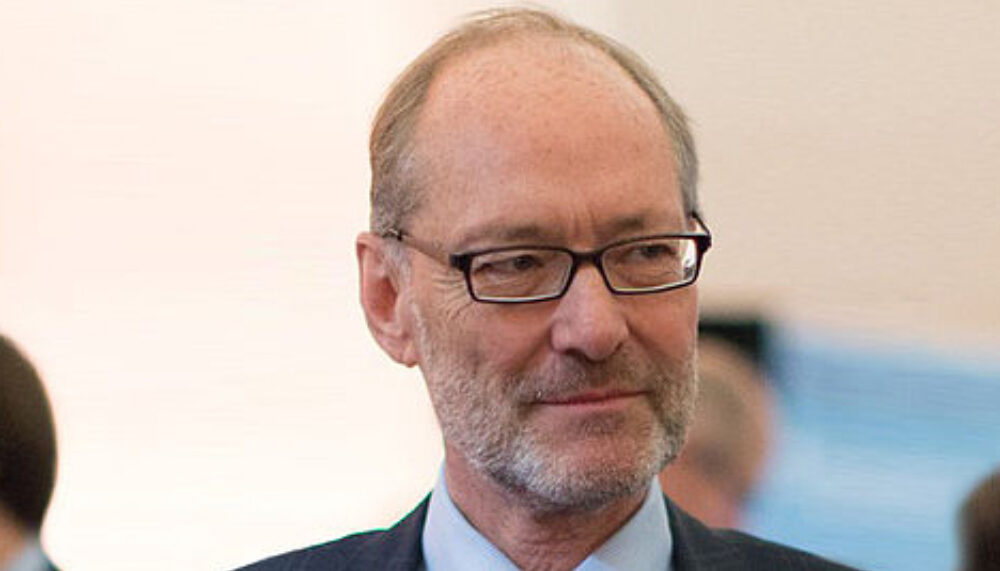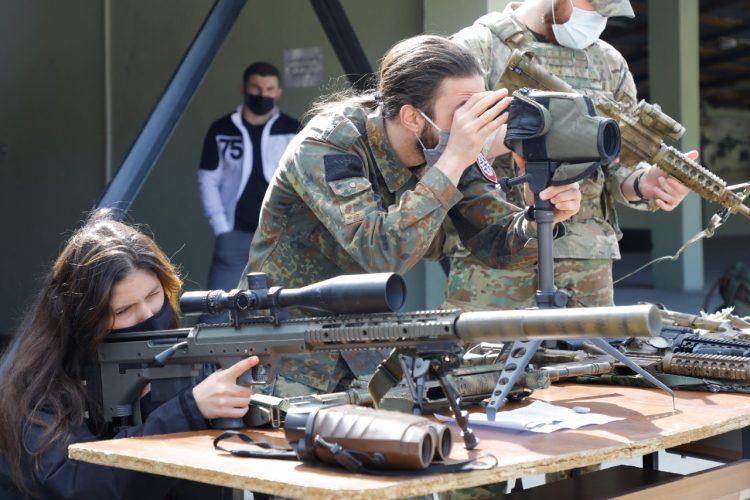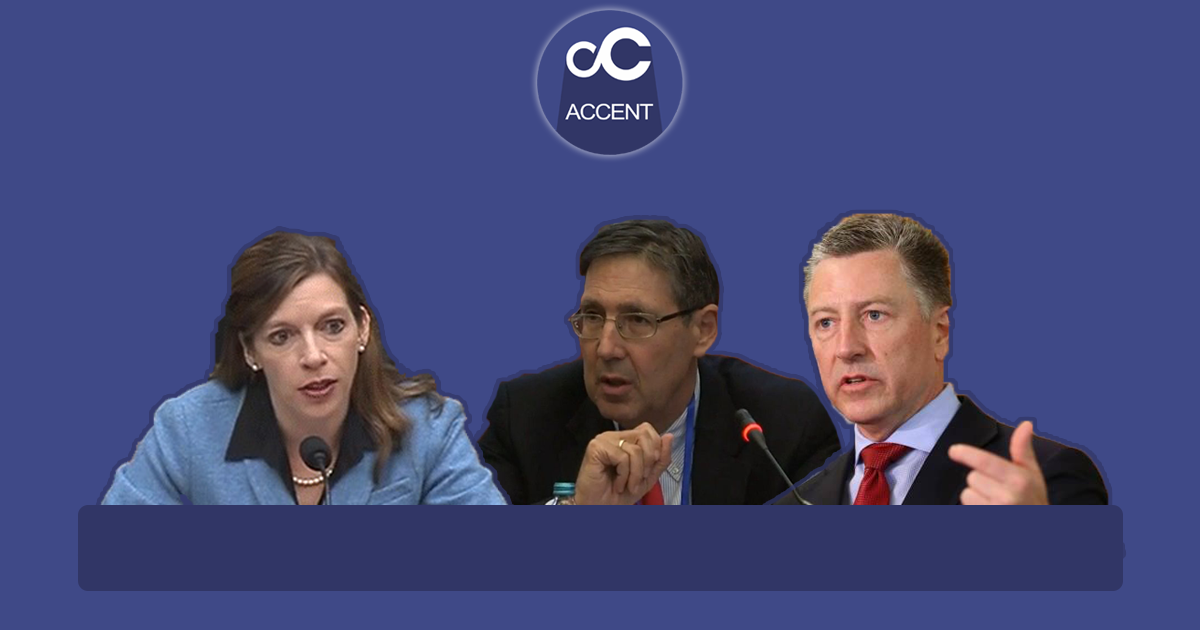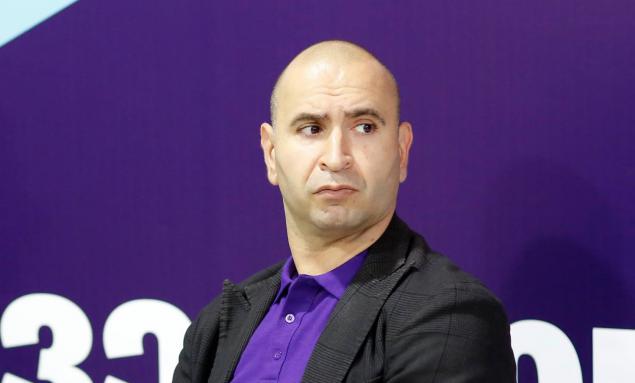
Paradox of "dignity" and silence: Why Tbilisi did not become part of the big deal
05/08/2024 11:27:10 Interview, This is interesting
Discussions are still underway about the major prisoner swap between Russia, the US and other Western nations. FSB officer Vadim Krasikov convicted of murder of Georgian citizen Zelimkhan Khangoshvili was sent back to Russia in exchange for the release of journalists and political dissidents, although the process once again bypassed Georgia.
What resources did Tbilisi have to become part of the process?
Moscow's high interest in Vadim Krasikov was felt from the information leaked periodically from the undoubtedly difficult negotiations regarding the possible prisoner swap (Vladimir Putin did not hide this interest either). But now it is confirmed that this agreement was made possible by Berlin's consent to the release the killer of Georgian citizen Zelimkhan Khangoshvili.
"From Russia's perspective, rescuing spies from failed operations is of strategic importance: the state invests at a very high level in carrying out these intelligence operations (both now and in the future), because the background of the political elite itself comes from here (I mean not only the president but his entire entourage). Operational staff employed in the security sector should know that they must sign off on any task from the Kremlin, and in case of a failed operation, they should also know with certainty that sooner or later the Kremlin will get them out [of prison] - this is the message Vladimir Putin sent to all intelligence service officers," - this is how Kakhaber Kemoklidze, who has extensive experience in the security field, explains Moscow's high interest in Krasikov's case.
Kemoklidze said that, this high level of interest gave official Tbilisi the opportunity, and since it was about the killer of a Georgian citizen - the legitimate right, to demand involvement in the process.
"If we had summoned the German ambassador to the Ministry of Foreign Affairs of Georgia and told them, 'We are against this, and if it happens, we will create an international scandal,' they would have been forced to make Georgia a part of this deal," Kemoklidze told the Accent.
According to him, in this case, Tbilisi might not be able to put up much resistance considering the scale of the exchange and the "high-caliber politically significant figures", that would be exchanged. However, it was "entirely possible" to include the state's interests in this package:
"To look at the issue simply, our interest was to rescue those Georgian citizens who are in Dranda [in Occupied Abkhazia] and Tskhinvali prisons [Occupied Tskhinvali region] - the relatively 'small fish'. In this case, I'm talking about a minimum program, although those Georgian citizens who are in the prisons of the Russian Federation were also rescuable."
Currently, it is known that at least three Georgian citizens fighting on the Ukrainian side have been captured by Russia. As their fellow combatants explain, Russia does not include them in the list of prisoners for exchange. Consequently, they are not on the agenda of the already difficult negotiations between Ukraine and Russia regarding prisoner exchanges, which further complicates their fate. Additionally, several Georgian citizens are in illegal detention in the prisons of occupied Tskhinvali and Abkhazia. The cases of Irakli Bebua (sentenced to 9 years) and Kristine Takalandze (10.6 years) are particularly challenging. The de facto prosecutor's office accused the latter of obtaining, collecting and transmitting secret information to the State Security Service of Georgia from September 2021 to July 2022.
Kemoklidze recalls the existence of precedents when it became possible to resolve seemingly impossible situations positively - he was a participant in this process and cites the case of Giorgi Giunashvili as one example. Giorgi Giunashvili was detained near the occupied village of Disevi in 2016. He was initially charged with illegal "border" crossing, but later was tried for subversive-terrorist activities and sentenced to 20 years in prison. He was released from illegal detention in 2017.
"This case was taken to such a high political level that Giorgi Giunashvili's issue was not on the agenda at all. His release was almost impossible. But we managed to do so much (unfortunately, I can't go into details) that besides Giunashvili, we got several Georgian citizens out of Abkhazian and Tskhinvali prisons. This was the result of a very effective and, at the same time hard work", said Kemokladze and added, "When there's even a small opportunity, the state should seize it. In this case, there was a very big opportunity [interest in Krasikov], especially regarding cases of less interest to the Russians, which are important to us in the context of de facto Tskhinvali and de facto Sokhumi – there are several problematic cases that cannot be solved yet."
Make the Impossible Possible...
According to Kemokladze, it is the positive obligation of the state and security services to make the impossible possible. He said that Such deals, yes, are agreed upon with the political leadership, but are actually decided at the level of intelligence and security services, and the state should have ensured it became part of this big deal. According to Kemokladze, given that this did not or could not happen, in both cases "Georgia's interests were damaged" from several perspectives:
- The context of international relations - "Our citizen, who was an asylum seeker in Germany, was demonstratively killed in one of Berlin's central parks. His murderer was sentenced to life imprisonment. This issue became an international case, including at the level of active intelligence operations. I repeat, the deal was carried out in such a way that the Georgian state, with high probability, learned about everything post-factum. If Georgia had reacted, this situation would have changed - I am deeply convinced that if we had become part of the discussions, we would have secured our interest, at least to some degree. Otherwise, this deal could not have happened - unlike the Russians, both Germans and Americans are part of the civilized world. They cannot 'jump over' when you are legitimately against something. Therefore, Georgia's 'yes' in a consensual decision would have forced the involved countries to increase pressure on Moscow with our interests as well, and what caliber our interest would be is already a matter of technique, the other side of the medal - this would have become possible to discuss if the state had acted within the scope of its positive obligation."
- The security sector's interest – "Turkish intelligence was the mediator, I'm sure the US Central Intelligence Agency was a party, political leadership and intelligence services from the Russian side, and at this time you, as a state (in the context of pure reputational and institutional prestige) remain in an offside position again – processes involving your citizen are developing around you in such a way that you, as a service, can neither show interest nor convince your political leadership of such a need (this also has an domestic political context) – whether you can't convince or not, both are problems. But unfortunately, the State Security Service has made such tectonic mistakes in the domestic political (and not only) context that this no longer surprises me. There are still highly qualified people working there – with proper management and correct political assignments from the leadership, I consider it absolutely possible that this could have been accomplished. But when there is no political will, there is never a solution, and when there is political will, a solution can be found – this is an unwritten 'golden rule'."
- Political context - "It's a negative message at all levels: not only for Georgian citizens, including ethnic minorities, but also at the level of demonstrating the state's positive obligation to protect its own citizens. This is the state's mission towards its own citizens. It would have been a strong message that the state - political leadership, special services - is up to the task; Georgia is a small country and may not be able to influence global exchange, but it always puts forward its own interests."
Thus, Kemoklidze summarizes that Zelimkhan Khangoshvili's case is extremely damaging to the state in terms of dignity, referring to the narrative of "standing on two feet" by the leaders of the ruling Georgian Dream party engaged in confrontation with the West, he says, "This case has shown how many feet they stand on, if they stand on any feet at all":
"When you have Kanji Ogli [Giga Otkhozoria's killer] uncaptured and alive; when Archil Tatunashvili's [former military. Killed by torture by so-called policemen in Tskhinvali] killers are not punished, they are promoted; when teaching of the Georgian language was removed in Akhalgori; when "borderization" is underway, you remain silent about this. Instead, you accuse your real friends - the guarantors of your sovereignty - of absurdity; you're "sitting" on Russian disinformation narratives, moreover, you invest in poisoning the minds of your own citizens with this disinformation campaign and artificially fueling their fears – this is not standing on 'two feet', this is an anti-state approach and standing on the Russian one-foot."






